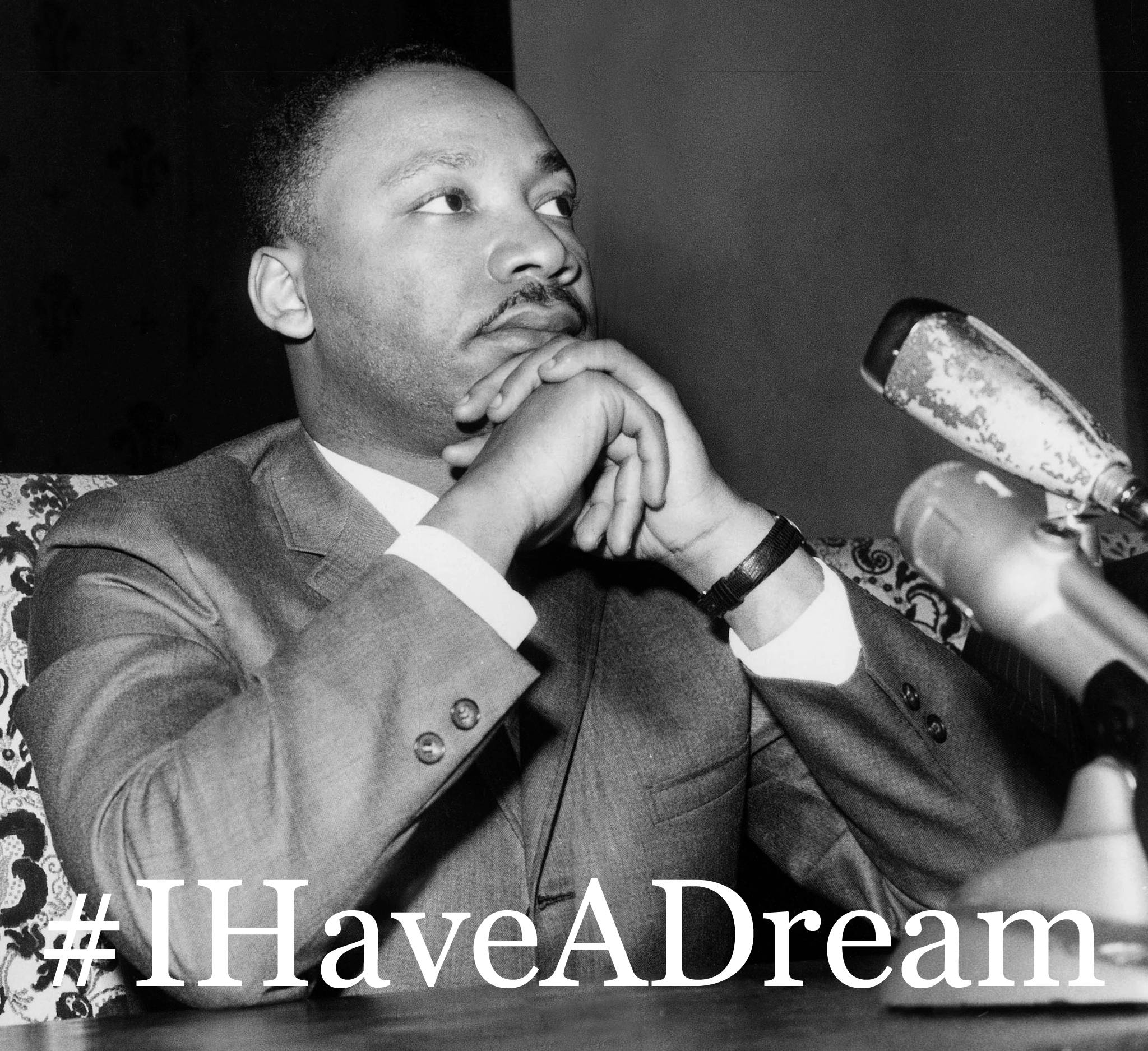'How Martin Luther King Jr. would use social media' is an unwitting indictment of 2014 life
Revolution through Pinterest is a scary concept

Your support helps us to tell the story
From reproductive rights to climate change to Big Tech, The Independent is on the ground when the story is developing. Whether it's investigating the financials of Elon Musk's pro-Trump PAC or producing our latest documentary, 'The A Word', which shines a light on the American women fighting for reproductive rights, we know how important it is to parse out the facts from the messaging.
At such a critical moment in US history, we need reporters on the ground. Your donation allows us to keep sending journalists to speak to both sides of the story.
The Independent is trusted by Americans across the entire political spectrum. And unlike many other quality news outlets, we choose not to lock Americans out of our reporting and analysis with paywalls. We believe quality journalism should be available to everyone, paid for by those who can afford it.
Your support makes all the difference.Martin Luther King Jr. Day took place this week, presenting brands with an opportunity to piggyback on the civil rights activist's greatness with tweets and Facebook posts celebrating his work and shoehorning in puns relating to their products.
Incredibly, there was worse content out there for '#MLKDay' than Popchips labelling him an 'eternal poptimist' and sleep-aid company ZzzQuil declaring that 'Today is the day for dreaming', in the form of a blog post on social media marketing website DayngrZone (and reposted on Salesforce) exploring how the battle of civil rights might have played out on FourSquare.
It was full of nuggets of new age wisdom and suggestions of how MLK might better have better reached the masses with the benefits of modern technology, really making his struggle relevant to those of us who simply can't understand verbal utterances anymore and rely on hashtags and Pinterested pot plants with M&M's instead of soil for basic communication.
"He’d follow you based on the content you share, not on what your avatar looks like," we were told, serving to update Dr. King's dream of little black and white boys and girls being able to hold hands for the 21st century - evoking the image of two Facebook users being able to agree on the underlying consensus in their respective Game of Thrones season 3 posts in spite of one wearing a beanie in their profile picture and the other opting for a picture of Jennifer Lawrence juxtaposed with a surprised-looking cat.
"He’d use Twitter to share motivational quotes and spread love," it continued, "He’d be influential on Klout for topics like Civil Rights, Activist, Leadership & Georgia."
"He’d connect with his peers on LinkedIn and write recommendations for them."
Though it stopped short of positing that Dr King would have spammed J Edgar Hoover's FB page with the word 'UNFOLLOW' and engaged with key young demographics by employing a 'such equality, very dream' doge meme, the list amounted to a pretty cold and unappealing vision of social upheaval.
As with the revolution in Egypt in 2011, social media already has and will continue to shape social uprisings, but as a platform for political discourse it remains hopelessly limiting, clinical and downright unromantic.
Join our commenting forum
Join thought-provoking conversations, follow other Independent readers and see their replies
Comments